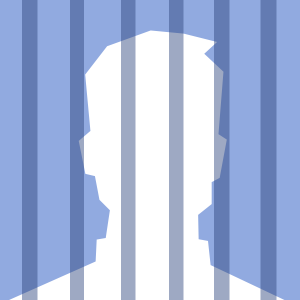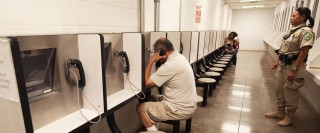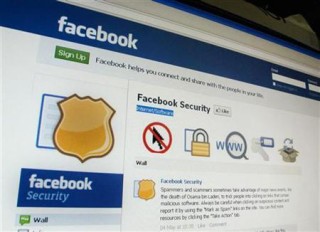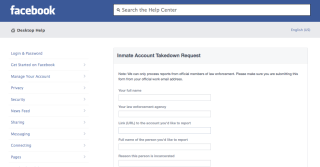Hundreds of South Carolina Inmates Sent to Solitary Confinement Over Facebook
The following is an except from EFF’s Deeplinks Blog.
 In the South Carolina prison system, accessing Facebook is an offense on par with murder, rape, rioting, escape and hostage-taking.
In the South Carolina prison system, accessing Facebook is an offense on par with murder, rape, rioting, escape and hostage-taking.
Back in 2012, the South Carolina Department of Corrections (SCDC) made “Creating and/or Assisting With A Social Networking Site” a Level 1 offense [PDF], a category reserved for the most violent violations of prison conduct policies. It’s one of the most common Level 1 offense charges brought against inmates, many of whom, like most social network users, want to remain in contact with friends and family in the outside world and keep up on current events. Some inmates ask their families to access their online accounts for them, while many access the Internet themselves through a contraband cell phone (possession of which is yet another Level 1 offense).
Through a request under South Carolina’s Freedom of Information Act and other public records, EFF found that, over the last three years, prison officials have brought more than 400 disciplinary cases for “social networking”—almost always for using Facebook. The offenses come with heavy penalties, such as years in solitary confinement and deprivation of virtually all privileges, including visitation and telephone access. In 16 cases, inmates were sentenced to more than a decade in what’s called disciplinary detention, with at least one inmate receiving more than 37 years in isolation.
The sentences are so long because SCDC issues a separate Level 1 violation for each day that an inmate accesses a social network. An inmate who posts five status updates over five days, would receive five separate Level 1 violations, while an inmate who posted 100 updates in one day would receive only one.
In other words, if a South Carolina inmate caused a riot, took three hostages, murdered them, stole their clothes, and then escaped, he could still wind up with fewer Level 1 offenses than an inmate who updated Facebook every day for two weeks.
So extreme is the application of this policy that SCDC is forced to regularly suspend solitary confinement sentences because of a lack of space in disciplinary segregation. In many cases, the punishments associated with using social media are so unnecessarily long that inmates will never actually serve them since they exceed their underlying prison sentences.
Prison systems have a legitimate interest in keeping contraband devices out of their facilities and preventing inmates from engaging in illegal activities through the Internet. But South Carolina’s policy goes too far, and not only because of the shockingly disproportionate punishments. The policy is also incredibly broad; it can be applied to any reason an inmate may ask someone outside to access the Internet for them, such as having a family member manage their online financial affairs, working with activists to organize an online legal defense campaign, sending letters to online news sites, or just staying in touch with family and friends to create the type of community support crucial to reintegrating into society.
There is also a censorship component.
Facebook has processed hundreds of requests from SCDC officers who want inmates’ profiles taken down. Facebook’s stated policy is to suspend these pages under the auspices of Terms of Service (ToS) violations—specifically, purported violations of terms banning users from using aliases or sharing passwords with third parties—effectively allowing SCDC to censor inmates’ online speech. Yet, as described below, Facebook goes beyond its stated policy and agrees to SCDC requests to censor inmate pages even when no ToS violation has been alleged. In addition, Facebook seems to have taken no action against SCDC investigators who regularly violate these same terms in uncovering inmate profiles.
What’s more, this process is veiled in secrecy, with both Facebook and SCDC failing to create a public record paper trail documenting the takedown of inmate pages.



